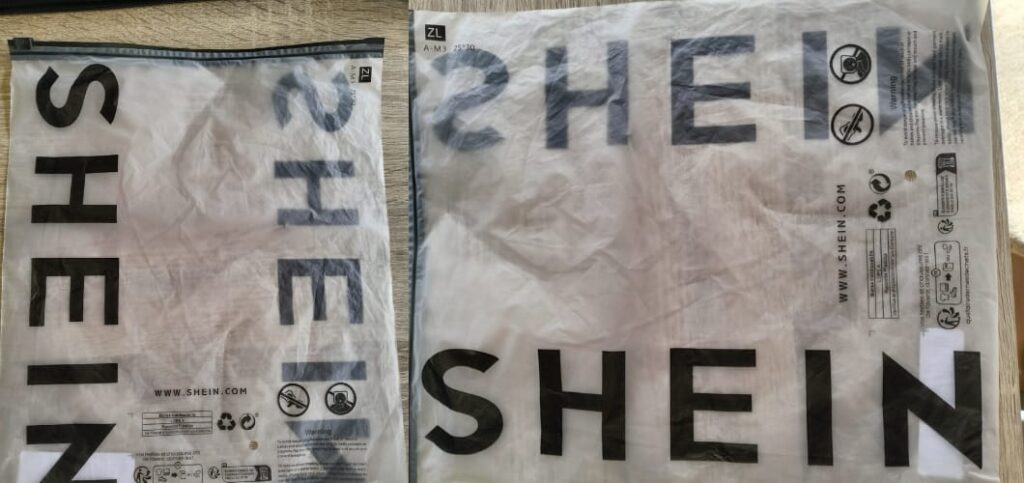On Wednesday, 9 July, European Parliament adopted by a substantial majority proposals to manage the growing influx into the EU of substandard and potentially dangerous cheap goods from non-EU web shops. Key element is the call to establish warehouses inside the EU to process the incoming parcels.
According to the report on product safety and regulatory compliance in e-commerce and non-EU imports, there are some 12 million small e-commerce items per day arriving to the Union from non-EU countries, mostly from China. Many of them do not comply with EU standards and can be potentially dangerous.
The Parliament’s move now identifies ways to alleviate the pressure on customs and market surveillance authorities struggling to check and ensure the safety of customers. MEPs also support the removal of the current customs duty exemption for goods worth less than €150. It has been estimated that roughly 65 per cent of parcels entering the EU are undervalued.
EU warehouses and introduction of AI tools
One of the solutions to check and ensure the safety of incoming packages could be so-called “warehousing”. This would involve convincing non-EU traders to set up warehouses inside the EU to process client deliveries. Checking their bulk shipments of goods into these EU-based warehouses would be considerably easier than checking individual packages coming to the EU from third countries.
Behind every online purchase, there may be hidden risks to health, safety, and consumer rights. Too often, these risks come from non-EU operators who bypass the rules – MEP Salvatore De Meo (EPP/ITA)
The Parliament also supports the Commission’s proposal to impose a €2 handling fee for individual e-commerce packages from outside the EU. MEPs want the Commission to verify that this amount is proportionate, compliant with WTO rules, and would not be passed on to EU consumers.

The report suggests that digitalisation and especially the use of new AI tools and block chain technology might ease the customs overload and make checks more efficient. MEPs urge EU member states to allocate more money to customs authorities for the uptake of these new tools. They call on the EU to focus on implementing existing rules and make sure platforms fulfil their obligations.
“Behind every online purchase, there may be hidden risks to health, safety, and consumer rights – and too often, these risks come from non-EU operators who bypass the rules,” said MEP Salvatore De Meo (EPP, IT). He added: “Our businesses cannot be expected to compete on such unfair terms (…) Now we are sending a clear message: we want a fairer, safer, and more transparent digital market.”
You might be interested
Pros and cons of e-commerce
A number of speakers stressed during the debate that e-commerce provides consumers with unparalleled convenience – but it also comes with significant challenges. Many items that end up in the EU do not comply with EU safety norms. As a result, EU businesses suffer from unfair competition.
Consumers can easily fall victim to manipulative practices and EU taxpayers have to foot the ever-growing bill of dealing with the non-recyclable waste associated with e-commerce.











